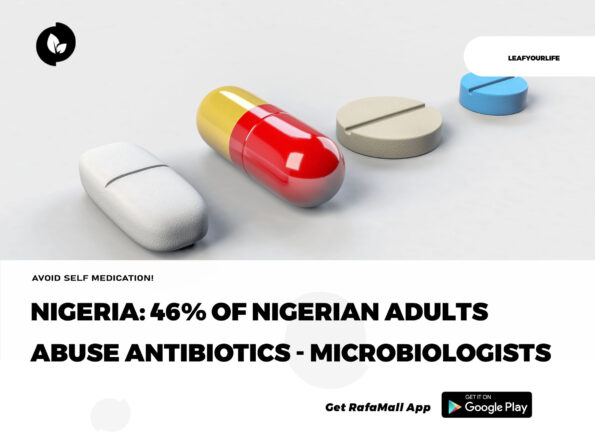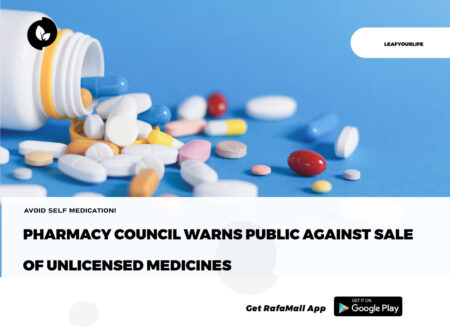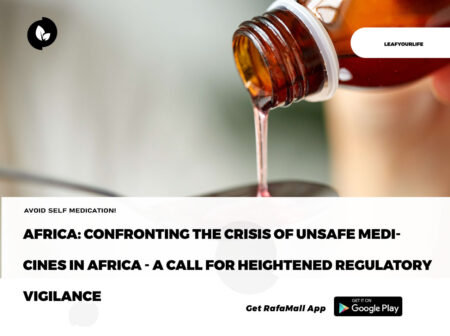
By Royal Ibeh
Microbiologists have disclosed that over 46 percent of Nigerian adults abuse antibiotics, a set of medicines that fight infections caused by bacteria in humans and animals by either killing the bacteria or making it difficult for the bacteria to grow and multiply.
This is even, as they disclosed that this practice has led to Antimicrobial Resistance (AMR), a situation whereby bacteria, viruses, fungi and parasites change over time and no longer respond to medicines making infections harder to treat and increasing the risk of disease spread, severe illness and death.
A microbiologist from the University of Port Harcourt Teaching Hospital (UPTH), Kennedy Tamunoimiegbam Wariso, at a virtual media roundtable, hosted by Pfizer yesterday, to raise awareness in ensuring ongoing patient safety so as to maintain the future effectiveness of antibiotics, lamented that while over 46 percent of Nigerians abuse antibiotics, thereby leading to AMR, about 62 to 71 percent of under-five children in Nigeria have been exposed to antibiotics in various ways.
Yet, there are no concerted efforts to tackle AMR, Wariso said, while calling on Nigerians to reduce self-prescription, self-indulgence and across-the-counter purchase of antibiotics. “Rather, Nigerians should ensure they take the right prescription of antibiotics by doctors and at the right time. If we follow this step, we would reduce to the barest minimum, AMR in Nigeria,” he added.
The medical director, West Africa Pfizer, Dr Kodjo Soroh, said AMR is one of the biggest threats to global health today, adding that it can affect anyone, of any age, in any country. “If it continues to rise unchecked, minor infections could become life-threatening, serious infections could become impossible to treat, and many routine medical procedures could become too risky to perform. Without action by governments, industry, and society, AMR is expected to cause 10 million deaths each year by 2050.”
A robust pipeline of new antimicrobials is essential to restoring the balance against increasing rates of AMR, Soroh revealed, adding, “However, significant economic hurdles have made research and development in this area a challenge. No novel class of antibiotics has been launched for almost 40 years, and even when newly approved treatments come to market, they may be used sparingly to support good antimicrobial stewardship practices, making it difficult to recover the high cost associated with development. New reimbursement models that more fully reflect the complete value of antimicrobials are critical.”
Microbiologist, from the Lagos University Teaching Hospital (LUTH), Professor Oyinlola Omoniyi Oduyebo, however advocated for Antimicrobial Stewardship (AMS), an organisational or system-wide health-care strategy, designed to promote, improve, monitor, and evaluate the rational use of antimicrobials to preserve their future effectiveness, along with the promotion and protection of public health.
“Antimicrobial Stewardship has been very successful in promoting antimicrobials’ appropriate use by implementing evidence-based interventions. The “One Health” approach, a holistic and multisectoral approach, is also needed to address AMR’s rising threat. AMS practices, principles, and interventions are critical steps toward containing and mitigating AMR. Evidence-based policies must guide the “One Health” approach, vaccination protocols, health professionals’ education, and the public’s awareness about AMR,” Oduyebo advised.
Read the original article on Leadership.












